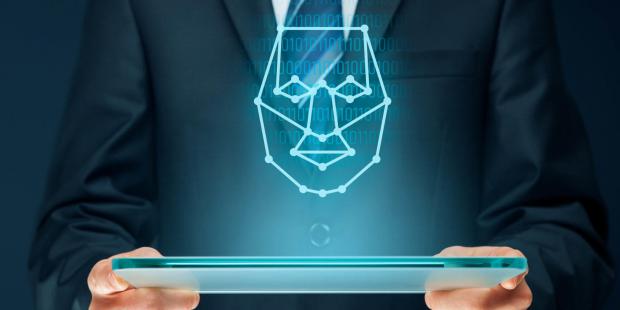
Breaking News
 Microsoft Hands Over Encryption Keys #fyp #technews #microsoft #computer #secure
Microsoft Hands Over Encryption Keys #fyp #technews #microsoft #computer #secure
 Windows Now Requires Age Verification? #fyp #technews #windows #microsoft #privacy
Windows Now Requires Age Verification? #fyp #technews #windows #microsoft #privacy
 Iran's new supreme leader is named as Ali Khamenei's son Mojtaba - Iranian TV network report
Iran's new supreme leader is named as Ali Khamenei's son Mojtaba - Iranian TV network report
 Bill Pervs Out Over Epstein Memories, Hillary Goes Berserk, And They Both Lied: Top Viral Moments...
Bill Pervs Out Over Epstein Memories, Hillary Goes Berserk, And They Both Lied: Top Viral Moments...
Top Tech News
 US particle accelerators turn nuclear waste into electricity, cut radioactive life by 99.7%
US particle accelerators turn nuclear waste into electricity, cut radioactive life by 99.7%
 Blast Them: A Rutgers Scientist Uses Lasers to Kill Weeds
Blast Them: A Rutgers Scientist Uses Lasers to Kill Weeds
 H100 GPUs that cost $40,000 new are now selling for around $6,000 on eBay, an 85% drop.
H100 GPUs that cost $40,000 new are now selling for around $6,000 on eBay, an 85% drop.
 We finally know exactly why spider silk is stronger than steel.
We finally know exactly why spider silk is stronger than steel.
 She ran out of options at 12. Then her own cells came back to save her.
She ran out of options at 12. Then her own cells came back to save her.
 A cardiovascular revolution is silently unfolding in cardiac intervention labs.
A cardiovascular revolution is silently unfolding in cardiac intervention labs.
 DARPA chooses two to develop insect-size robots for complex jobs like disaster relief...
DARPA chooses two to develop insect-size robots for complex jobs like disaster relief...
 Multimaterial 3D printer builds fully functional electric motor from scratch in hours
Multimaterial 3D printer builds fully functional electric motor from scratch in hours
 WindRunner: The largest cargo aircraft ever to be built, capable of carrying six Chinooks
WindRunner: The largest cargo aircraft ever to be built, capable of carrying six Chinooks
Clearview app lets strangers find your name, info with snap of a photo, report says

What if a stranger could snap your picture on the sidewalk then use an app to quickly discover your name, address and other details? A startup called Clearview AI has made that possible, and its app is currently being used by hundreds of law enforcement agencies in the US, including the FBI, says a Saturday report in The New York Times.
The app, says the Times, works by comparing a photo to a database of more than 3 billion pictures that Clearview says it's scraped off Facebook, Venmo, YouTube and other sites. It then serves up matches, along with links to the sites where those database photos originally appeared. A name might easily be unearthed, and from there other info could be dug up online.
The size of the Clearview database dwarfs others in use by law enforcement. The FBI's own database, which taps passport and driver's license photos, is one of the largest, with over 641 million images of US citizens.
The Clearview app isn't currently available to the public, but the Times says police officers and Clearview investors think it will be in the future.
Law enforcement officers say they've used the app to solve crimes from shoplifting to child sexual exploitation to murder. But privacy advocates warn that the app could return false matches to police and that it could also be used by stalkers and others. They've also warned that facial recognition technologies in general could be used to conduct mass surveillance.
Regulation of facial recognition technology is currently up in the air in the US. A few cities, including San Francisco, have banned its use, but there aren't yet any federal laws.
On Wednesday, the House Oversight Committee held its third hearing on facial recognition, as lawmakers look to address the tech's use in public spaces by both private companies and government agencies. "We're going to have to really grapple with what are the parameters of protecting privacy and controlling the use of this technology," Rep. Gerry Connolly, a Democrat from Virginia, said at the hearing.

 RNA Crop Spray: Should We Be Worried?
RNA Crop Spray: Should We Be Worried?

